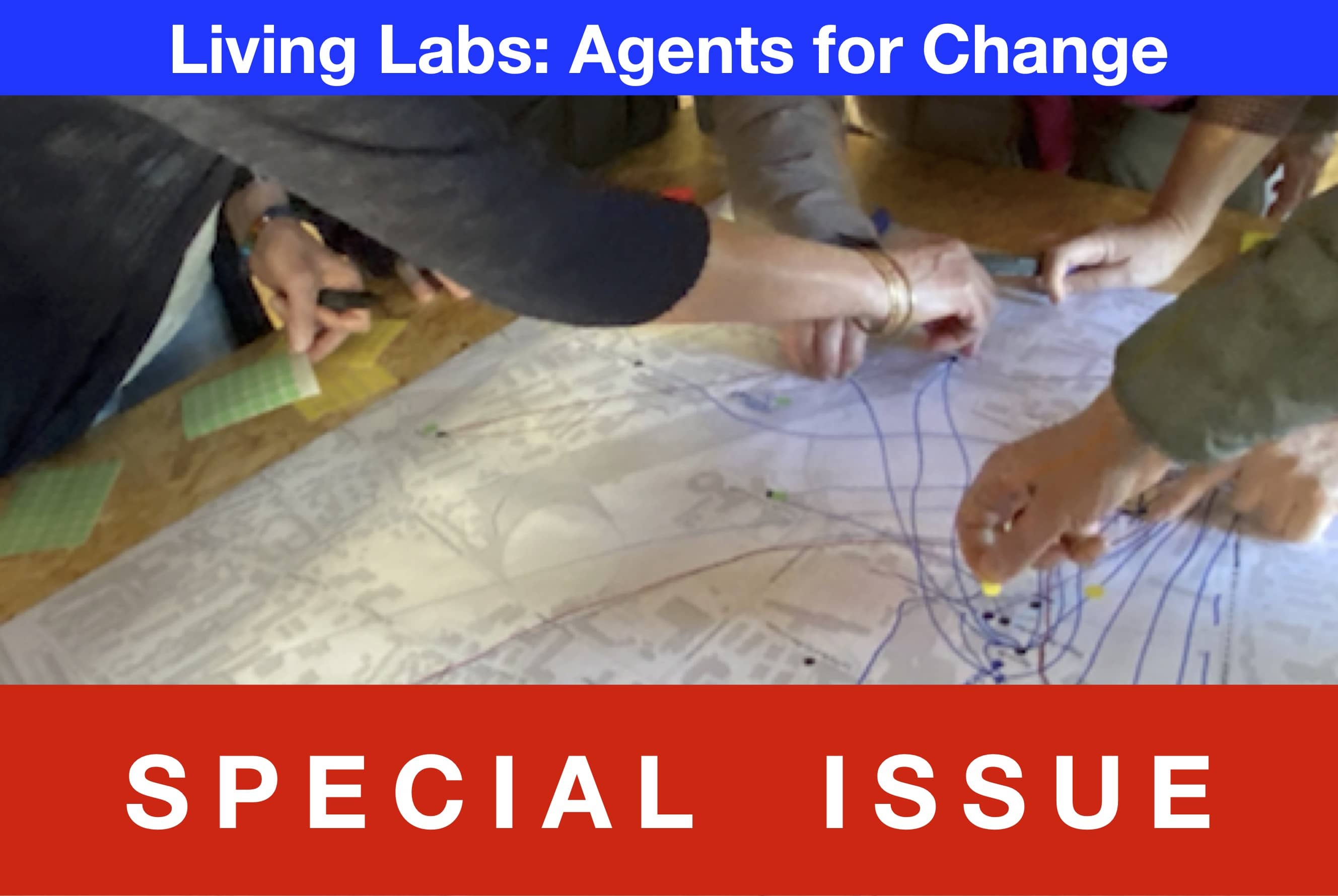
What are the roles and impacts that Living Labs play in increasing civic resilience and supporting ecological transition in different contexts and at different scales?
This special issue examines how living labs (LLs) build capacity among stakeholders, reshape spaces, and influence governance to support civic resilience and ecological transition.
An LL is a real-world environment where research, innovative products or services are tested and co-developed with everyday participants in a collaborative setting. In the last decade, the LL methodology has become a key method for conducting research by engaging with ecological transition. LLs offer the possibility of connecting researchers and citizens, engaging them in collective action to identify common needs, develop collaborative methods to respond to these needs and share methods for wider implementation. LLs can be a means of expanding the capacity of citizens to engage in processes of change and increased civic resilience.
More
Guest editors: Bill Bordass, Paul Ruyssevelt & Fionn Stevenson
Abstracts due: 23 March 2026 noon (GMT)
What is the potential for BPE to support better outcomes? How can BPE become mainstreamed?
As the built environment confronts accelerating climate change, rising energy demands, health crises and social inequality, the imperative to ensure new and upgraded buildings perform as well or better than intended—both technically and experientially—has never been stronger. Building Performance Evaluation (BPE) offers a powerful way to assess how buildings function in real-world use, and provides evidence-based insights into operational performance, occupant experience, and long-term sustainability.
More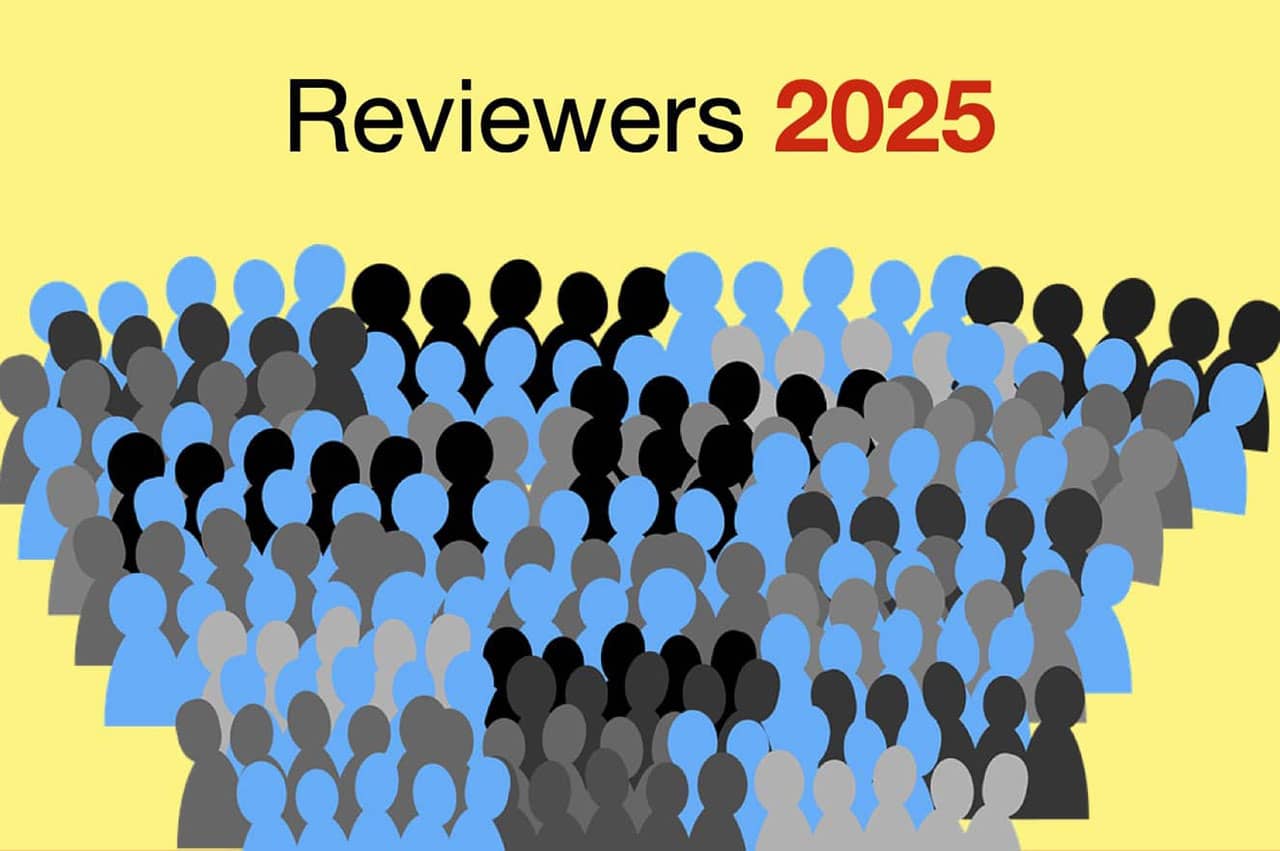
Buildings & Cities gratefully acknowledges and thanks our reviewers.
The Editors of Buildings & Cities would like to thank all our reviewers for their contribution and support during 2025. High-quality peer review is essential to the success of this journal. We wish to acknowledge and celebrate the dedication and efforts of all those who have contributed to this.
Our reviewers have invested much thought, time and care to create conceptual, strategic and detailed feedback which have greatly benefitted authors and readers. An enormous THANK YOU to this diverse community of scholars who help to maintain the highest standards for both Buildings & Cities and the wider community.
More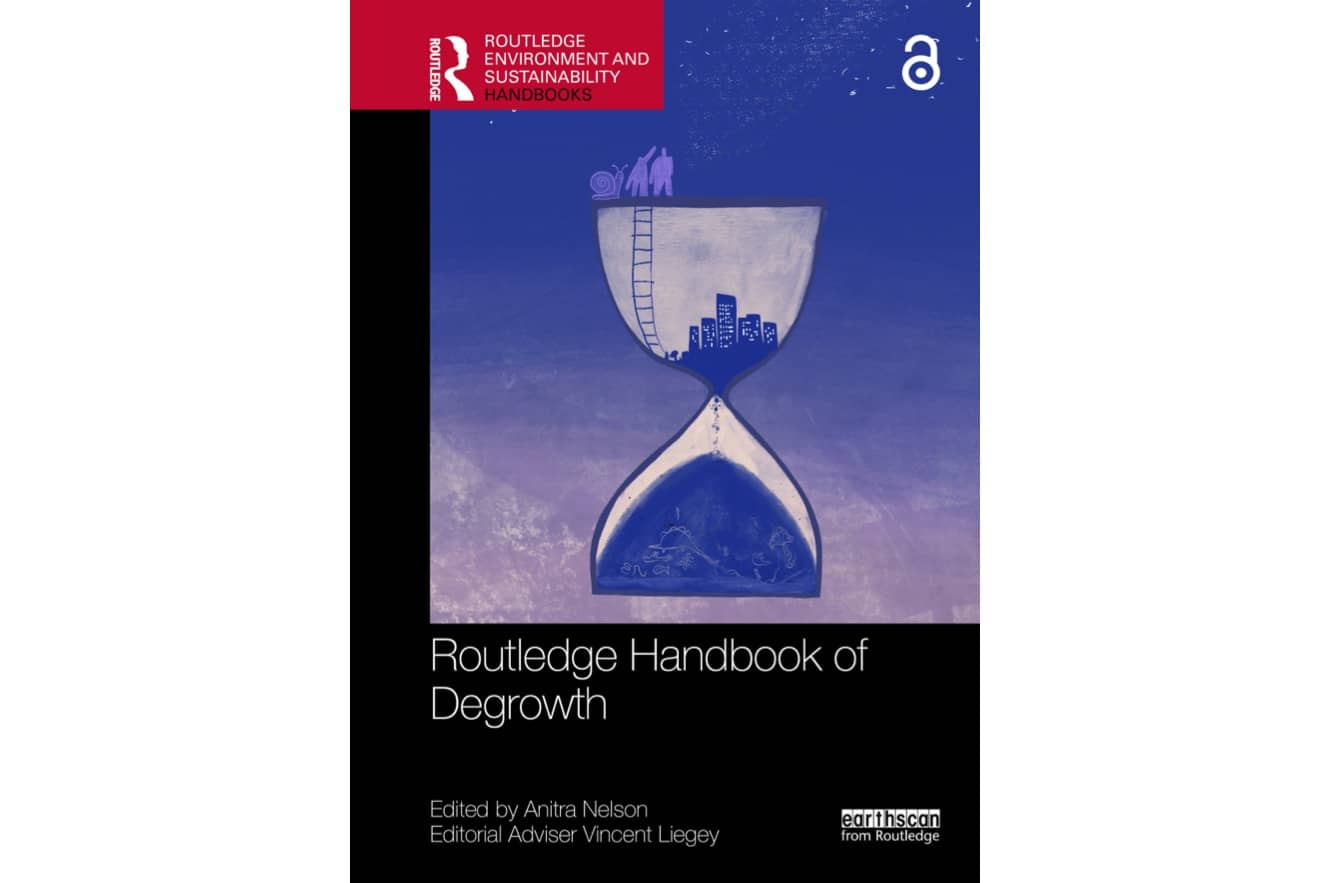
Edited by Anitra Nelson. Routledge, 2025, ISBN: 9781032650159
Anna Pagani applauds this book for providing readers with the tools to understand degrowth and put it into practice through imagination and collaborative experimentation, thereby prompting activists, researchers, professionals and policymakers in the built environment to question and collectively transform the way we inhabit the world. More
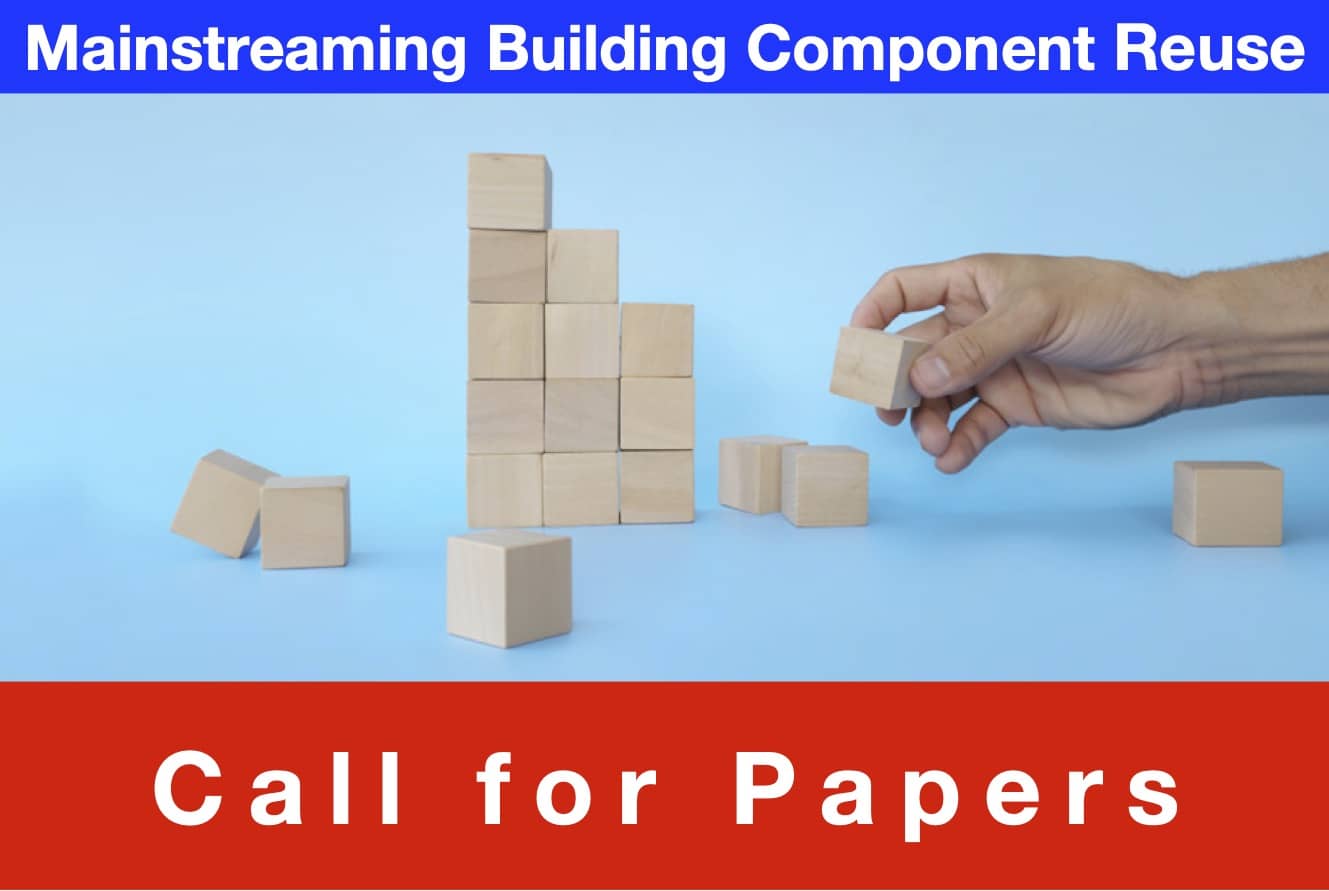
Guest editors: Satu Huuhka, Kjartan Gudmundsson & Paul Jonker-Hoffrén
Abstract submission closed on: 10 FEBRUARY 2026 (noon GMT)
What practices and policies are needed for the viable reuse of building components?
Up- and downstream construction activities generate immense environmental burdens globally e.g. raw material mining, product manufacture, operational energy use, and construction & demolition waste (CDW) treatment. The circular economy (CE) is often proposed as a solution that will enable the construction sector to operate within the planetary boundaries. This special issue engages with the CE debate by investigating the potential of building component reuse in construction.
More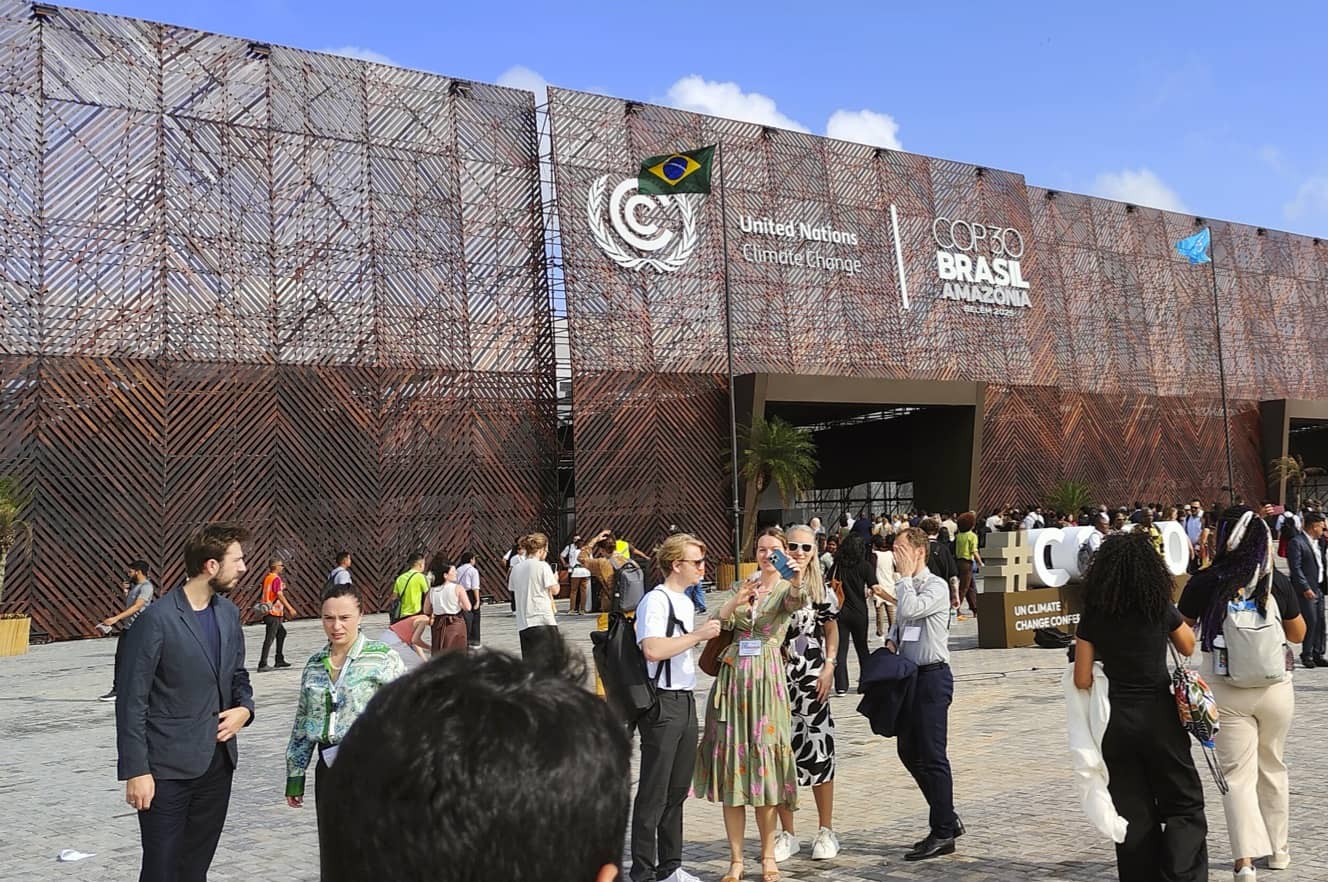
No further climate ambition, promises for affordable housing
Matti Kuittinen (Aalto University) reflects on his experience of attending the 2025 UN Conference of the Parties in Belém, Brazil. The roadmaps and commitments failed to deliver the objectives of the 2025 Paris Agreement. However, 2 countries - Japan and Senegal - announced they are creating roadmaps to decarbonise their buildings. An international group of government ministers put housing on the agenda - specifying the need for reduced carbon and energy use along with affordability, quality and climate resilience.
More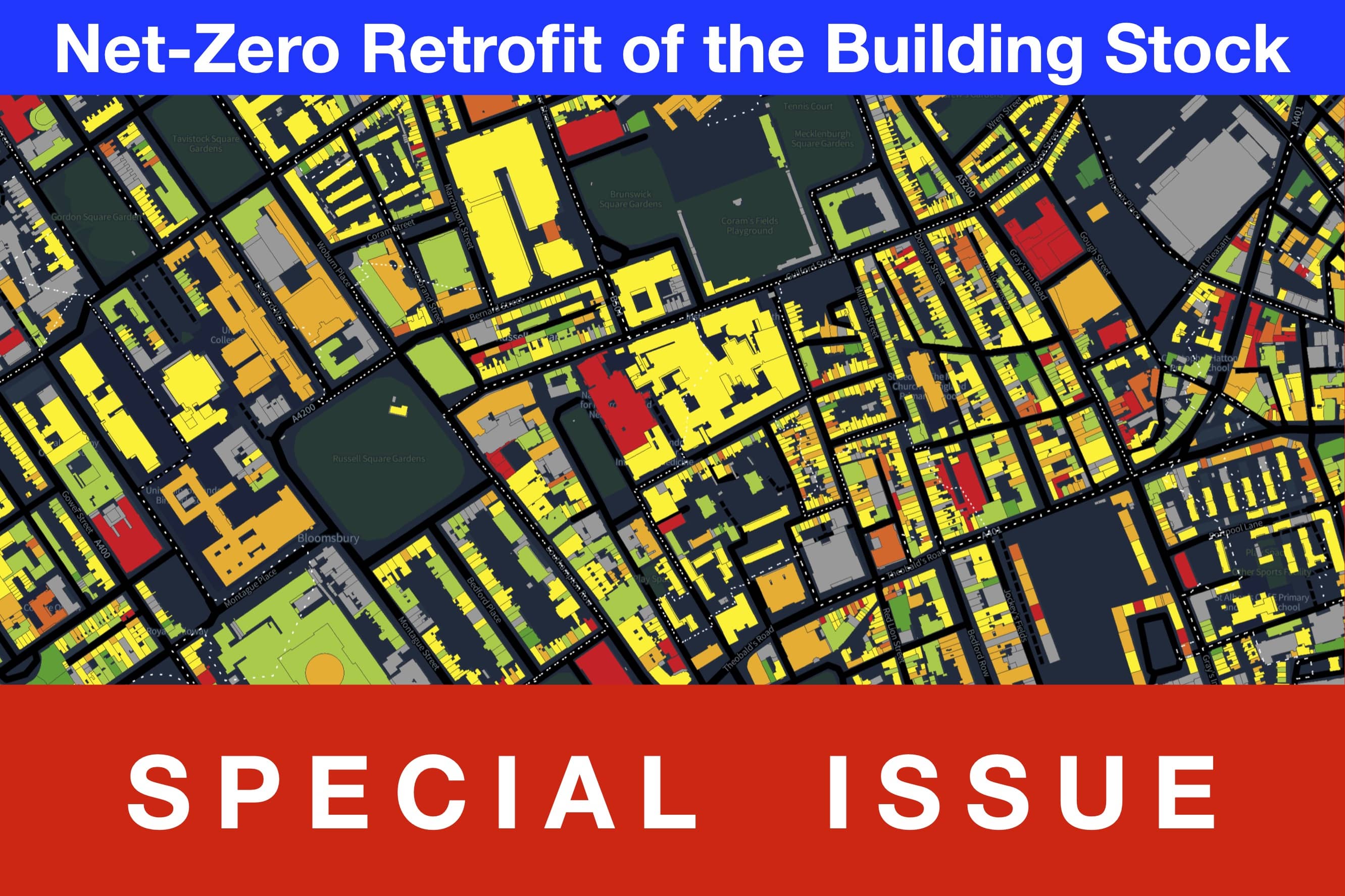
How might the building stock transition towards net zero? How big a change is achievable? What factors determine both the overall potential as well as the transition process?
This special issue explores how the building stock might transition towards net zero, and what key theoretical and practical factors are going to determine the overall potential and shape the transition process. Papers address both the technical and socio-economic questions around retrofit potential, exploring the drivers and barriers to greater uptake of retrofits, and how policy, knowledge-sharing and more concerted engagement between stakeholders could be used to improve the rate of uptake needed to meet the long-term emissions reduction targets.
More
Watch the winning videos from the 2025 Video Challenge! PhD candidates explain the significance of their 'next generation' research.
Many congratulations to the winners of the 2025 Video Challenge who displayed creativity, vitality and good communication skills to explain the significance of their PhD research: "Why It Matters".
We also congratulate all the entrants of the Video Challenge who invested much time, effort and learning to create their videos. They developed their communication skills, distilled complex ideas and conveyed them to a wider audience. We believe this has given all entrants new insights, capabilities and confidence to present their research.
The awards for the 2025 Video Challenge go to...
More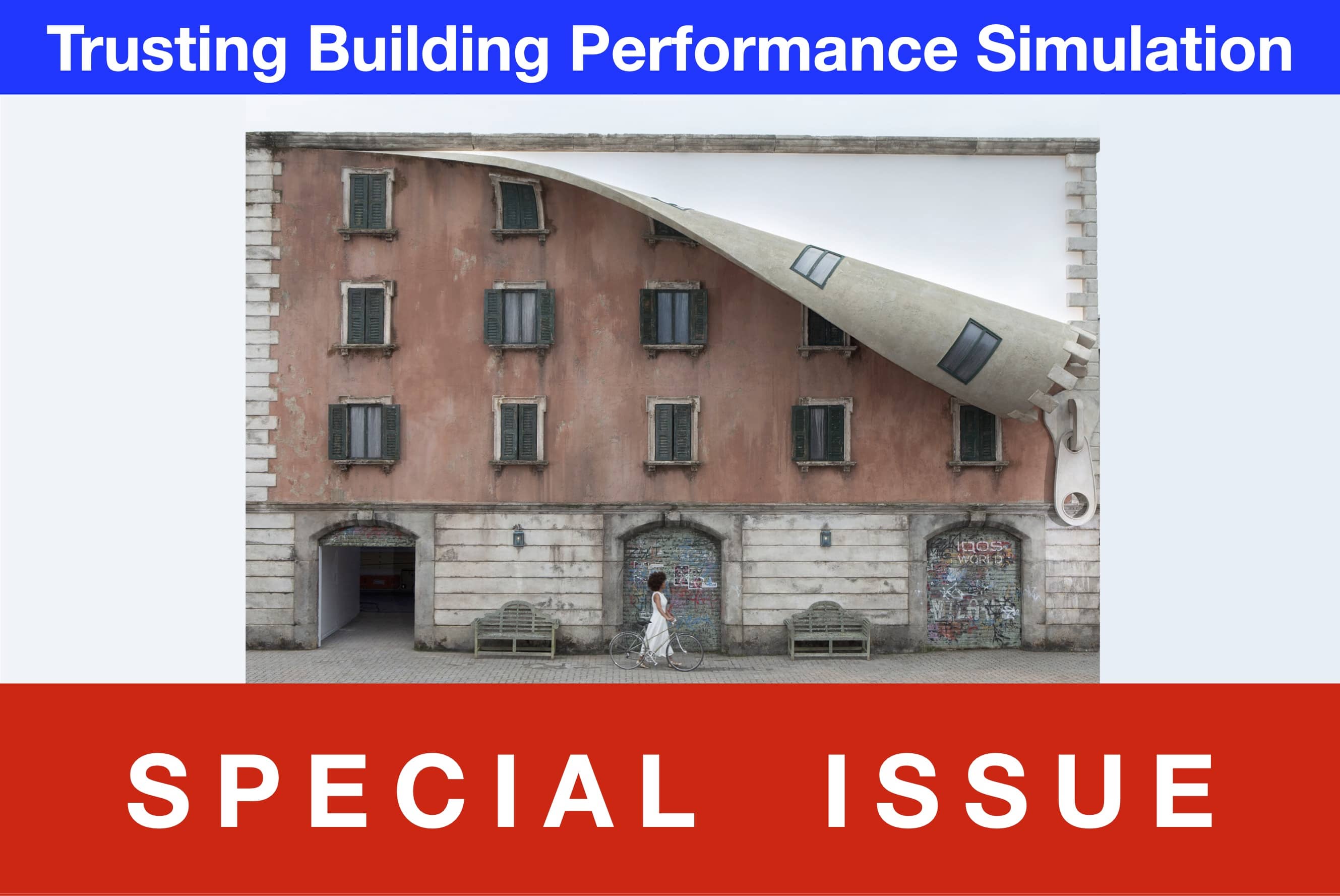
As codes and regulations become stricter, is simulation the right tool for compliance as well as sketching performance to assist design?
This special issue examines whether building performance simulations can be trusted for their accuracy and reliability. An increasing urgency exists to provide a prediction of performance over the next 50-100 years. As carbon limits become more fixed on absolute performance, a consensus is needed on how to examine performance reliably and accurately – both for new buildings as well as interventions in existing buildings. Several different concerns are addressed pertaining to the building performance gap - particularly practices and expectations.
More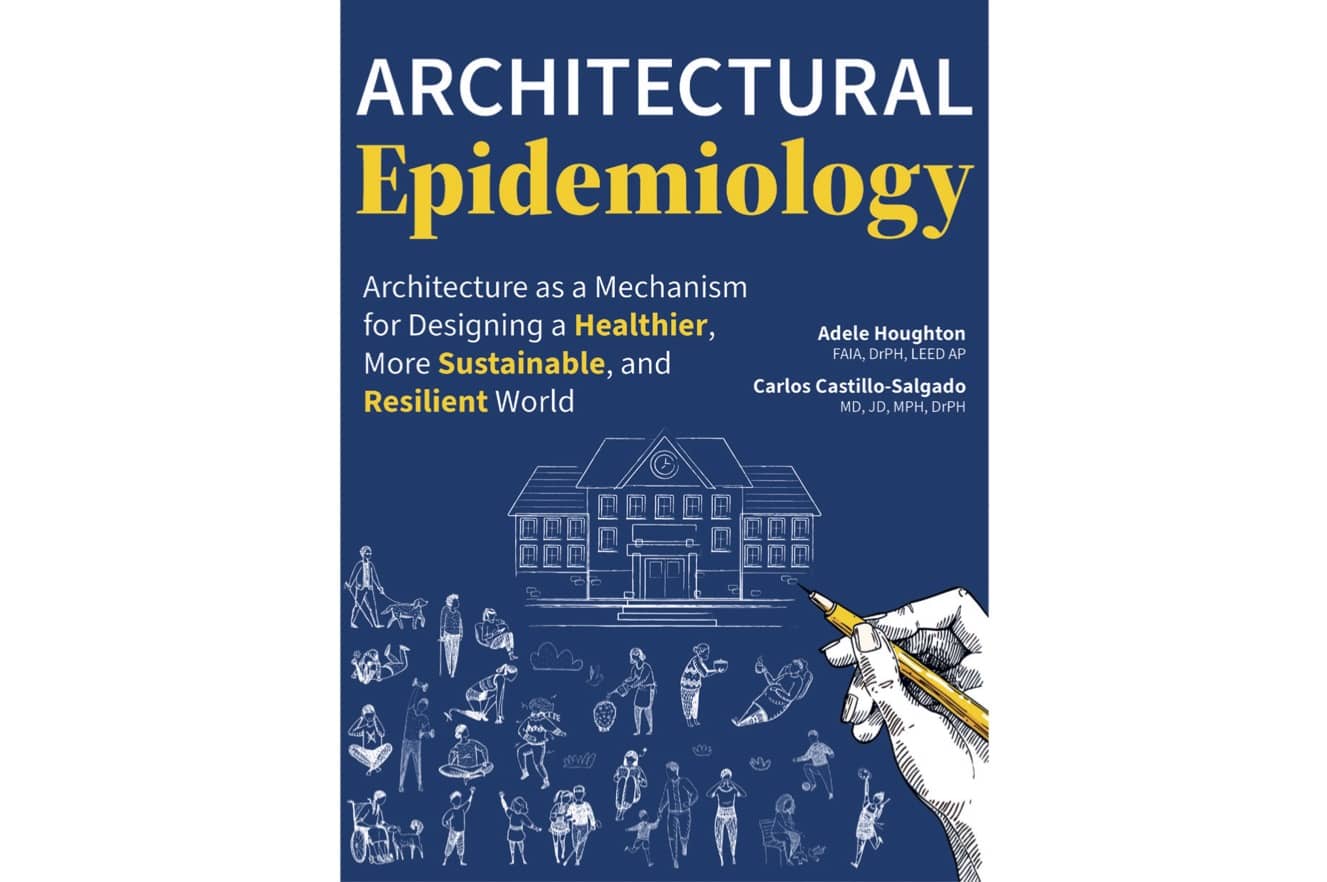
By Adele Houghton and Carlos Castillo-Salgado. John Hopkins University Press, 2025, ISBN: 9781421450698
Vivian Loftness identified this book as the most unique and critical addition to the body of literature on health in the built environment, invaluable for design professionals and educators, public health leaders, property owners and managers.
More
By Pablo M. La Roche. CRC Press, 2024, ISBN: 9781003014829
Ian Taylor reviews this book, which he praises as a must-read for anyone interested in carbon neutral design and sustainable architecture. The far-reaching implications of this book are expected to provide a valuable reference for researchers, policymakers, practitioners, and the general public alike. More

Overview and reflections on key built environment research challenges raised in B&C's anniversary essays
Raymond J. Cole (University of British Columbia) reflects on the key challenges raised in the 34 commissioned essays for Buildings & Cities 5th anniversary. Not only are key research issues identified, but the consequences of changing contexts for conducting research and tailoring its influence on society are highlighted as key areas of action.
More
Rethinking the building code means including performance objectives to limit damage and increase redundancy
Mary C. Comerio (University of California, Berkeley) explains why disaster recovery must begin well before a disaster occurs. The goal is to reduce the potential for damage beforehand by making housing delivery (e.g. capabilities and the physical, technical and institutional infrastructures) both more resilient and more capable of building back after disasters.
More
Why policymakers should create mitigation roadmaps for construction and real estate
To achieve net zero GHG emissions by mid-century (the Breakthrough Agenda) it is vital to establish explicit sector-specific roadmaps and targets. With an eye to the forthcoming COP30 in Brazil and based on work in the IEA EBC Annex 89, Thomas Lützkendorf, Greg Foliente and Alexander Passer argue why specific goals and measures for building, construction and real estate are needed in the forthcoming round of Nationally Determined Contributions (NDC 3.0).
More
How can a self-organised initiative in an informal settlement foster community engagement and confront social issues?
While Living Labs are often framed as structured, institutionalised spaces for innovation, Sadia Sharmin (Habitat Forum Berlin) reinterprets the concept through the lens of grassroots urban practices. She argues that self-organised knowledge spaces can function as Living Labs by fostering situated learning, collective agency, and community resilience. The example of a Living Lab in Bangladesh provides a model pathway to civic participation and spatial justice.
More
Why the built environment research community is vital for policy and strategy implementation
Thomas Lützkendorf (Karlsruhe Institute of Technology) explains how the research community has helped to change the climate change policy landscape for the construction and real estate sectors, particularly for mitigating GHG emissions. Evidence can be used to influence policy pathways and carbon budgets, and to develop detailed carbon strategies and implementation. A key challenge is to create a stronger connection between the requirements for individual buildings and the national reduction pathways for the built environment.
More
Why a coordinated programme of built environment research needs to be based on the public good
Gavin Killip and Kate Simpson (Nottingham Trent University) propose a coordinated research programme of field trials to create a focus for iterative learning about outcomes in the built environment, for the public good. They explain why a transdisciplinary programme is needed and seven key characteristics of the programme are proposed.
More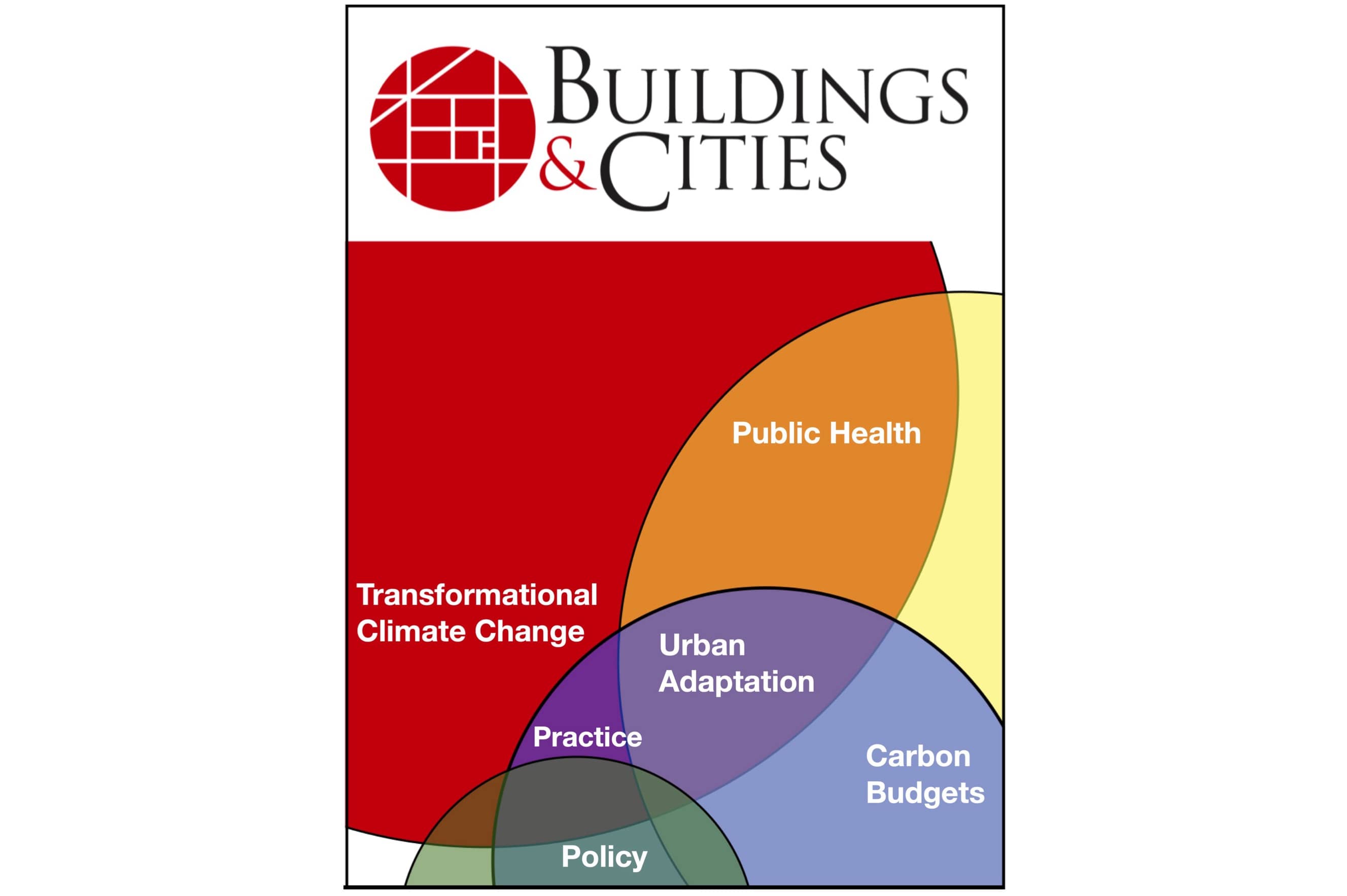
Research papers in B&C are being widely read
Buildings & Cities is pleased to announce that in 2024 our peer reviewed articles were viewed and downloaded 523,612 times from the journal's website.
The great interest shown here is an indicator of the journal's role as an important resource and as a valued contributor to the field.
More
Why a new approach to sustainable development is needed.
Alice Moncaster (University of the West of England) reflects on the lack of progress in sustainable development over several decades. This failure is argued to be linked to how sustainable development has been framed: the separation of technical issues from social justice and equity. Understanding, involving and empowering communities (and wider society) is the key to making progress and achieving sustainable development goals.
More
How building research can harness AI for mass decarbonisation
Ten years ago, it was rare to read building science papers referencing learning algorithms, sensor networks, cloud computing or digital twins. Now, data-driven techniques are at the core of building decarbonisation research, generating both new opportunities and new risks. Jenn McArthur (Toronto Metropolitan University) reflects on how the rise of artificial intelligence (AI) is transforming building decarbonisation research.
MoreEndorsements
Latest Peer-Reviewed Journal Content
Living labs as ‘agents for change’ [editorial]
N Antaki, D Petrescu & V Marin
Post-disaster reconstruction: infill housing prototypes for Kathmandu
J Bolchover & K Mundle
Urban verticalisation: typologies of high-rise development in Santiago
D Moreno-Alba, C Marmolejo-Duarte, M Vicuña del Río & C Aguirre-Núñez
A public theatre as a living lab to create resilience
A Apostu & M Drăghici
Reconstruction in post-war Rome: transnational flows and national identity
J Jiang
Reframing disaster recovery through spatial justice: an integrated framework
M A Gasseloğlu & J E Gonçalves
Tracking energy signatures of British homes from 2020 to 2025
C Hanmer, J Few, F Hollick, S Elam & T Oreszczyn
Spatial (in)justice shaping the home as a space of work
D Milián Bernal, J Laitinen, H Shevchenko, O Ivanova, S Pelsmakers & E Nisonen
Working at home: tactics to reappropriate the home
D Milián Bernal, S Pelsmakers, E Nisonen & J Vanhatalo
Living labs and building testing labs: enabling climate change adaptation
J Hugo & M Farhadian
Energy sufficiency, space temperature and public policy
J Morley
Living labs: a systematic review of success parameters and outcomes
J M Müller
Towards a universal framework for heat pump monitoring at scale
J Crawley, L Domoney, A O’Donovan, J Wingfield, C Dinu, O Kinnane, P O’Sullivan
Living knowledge labs: creating community and inclusive nature-based solutions
J L Fernández-Pacheco Sáez, I Rasskin-Gutman, N Martín-Bermúdez, A Pérez-Del-Campo
A living lab approach to co-designing climate adaptation strategies
M K Barati & S Bankaru-Swamy
Mediation roles and ecologies within resilience-focused urban living labs
N Antaki, D Petrescu, M Schalk, E Brandao, D Calciu & V Marin
Negotiating expertise in Nepal’s post-earthquake disaster reconstruction
K Rankin, M Suji, B Pandey, J Baniya, D V Hirslund, B Limbu, N Rawal & S Shneiderman
Designing for pro-environmental behaviour change: the aspiration–reality gap
J Simpson & J Uttley
Lifetimes of demolished buildings in US and European cities
J Berglund-Brown, I Dobie, J Hewitt, C De Wolf & J Ochsendorf
Expanding the framework of urban living labs using grassroots methods
T Ahmed, I Delsante & L Migliavacca
Youth engagement in urban living labs: tools, methods and pedagogies
N Charalambous, C Panayi, C Mady, T Augustinčić & D Berc
Co-creating urban transformation: a stakeholder analysis for Germany’s heat transition
P Heger, C Bieber, M Hendawy & A Shooshtari
Placemaking living lab: creating resilient social and spatial infrastructures
M Dodd, N Madabhushi & R Lees
Church pipe organs: historical tuning records as indoor environmental evidence
B Bingley, A Knight & Y Xing
A framework for 1.5°C-aligned GHG budgets in architecture
G Betti, I Spaar, D Bachmann, A Jerosch-Herold, E Kühner, R Yang, K Avhad & S Sinning
Net zero retrofit of the building stock [editorial]
D Godoy-Shimizu & P Steadman
Co-learning in living labs: nurturing civic agency and resilience
A Belfield
Join Our Community

The most important part of any journal is our people – readers, authors, reviewers, editorial board members and editors. You are cordially invited to join our community by joining our mailing list. We send out occasional emails about the journal – calls for papers, special issues, events and more.
We will not share your email with third parties. Read more












Latest Commentaries
COP30 Report
Matti Kuittinen (Aalto University) reflects on his experience of attending the 2025 UN Conference of the Parties in Belém, Brazil. The roadmaps and commitments failed to deliver the objectives of the 2025 Paris Agreement. However, 2 countries - Japan and Senegal - announced they are creating roadmaps to decarbonise their buildings. An international group of government ministers put housing on the agenda - specifying the need for reduced carbon and energy use along with affordability, quality and climate resilience.
Building-Related Research: New Context, New Challenges
Raymond J. Cole (University of British Columbia) reflects on the key challenges raised in the 34 commissioned essays for Buildings & Cities 5th anniversary. Not only are key research issues identified, but the consequences of changing contexts for conducting research and tailoring its influence on society are highlighted as key areas of action.